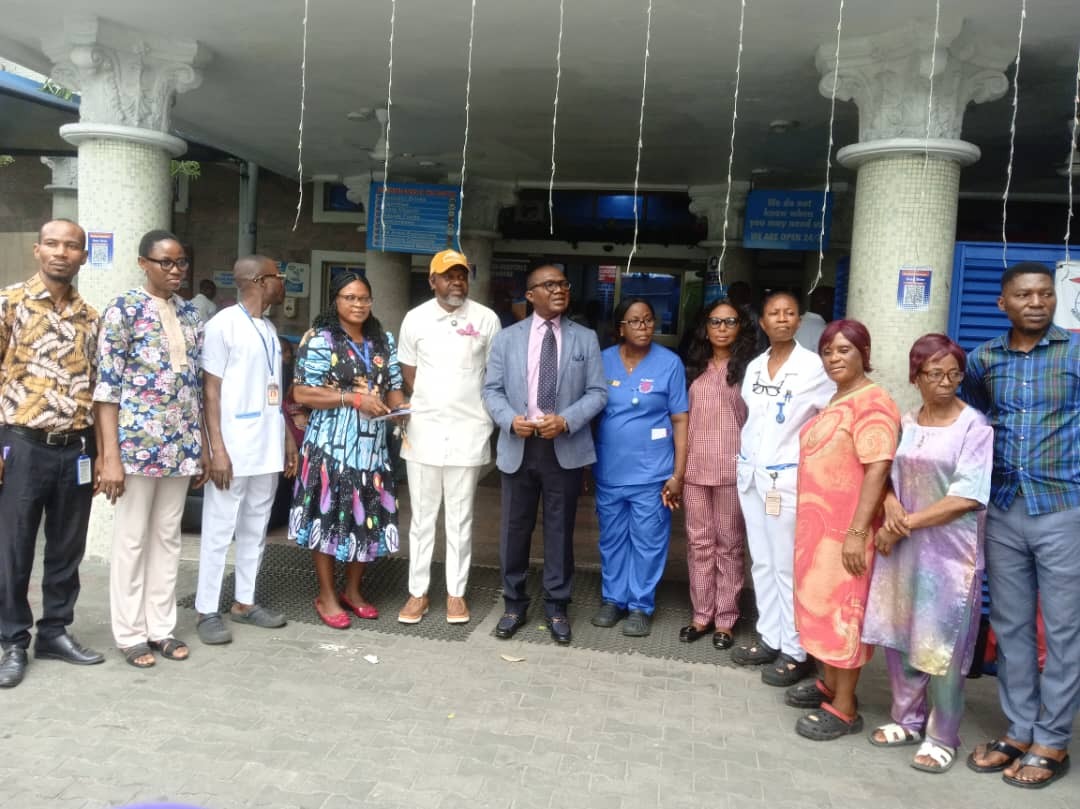Gombe State Government, in collaboration with the United Nations Children’s Fund (UNICEF) and other development partners and stakeholders, has increased efforts to eliminate neglected tropical diseases (NTDs) such as onchocerciasis and lymphatic filariasis, which threaten the well-being of many residents in the state.
The stakeholders expressed their commitment to eradicate the diseases during a media dialogue organised by the state government, UNICEF, and other partners, where journalists were sensitised on NTDs.
In her speech, Nazhat Rafique, the Chief of the Bauchi Field Office of UNICEF, responsible for Bauchi, Gombe, Adamawa, and Taraba states, stated that the meeting was part of efforts to strengthen public awareness of the elimination of Neglected Tropical Diseases (NTDs) in Gombe State.
She added that the event was designed to deepen collaboration between the media, government partners, and health stakeholders in accelerating progress towards NTD elimination.
“Journalists and media practitioners will have the chance to engage with top government officials and health experts, learning firsthand about Gombe State’s efforts to eliminate neglected tropical diseases (NTDs) and witness the real-world impact of interventions in local communities”, she said.
Presenters at the meeting, including representatives from the state ministry of health and other development partners, have called for increased funding, community engagement, and improved sanitation to eliminate diseases such as onchocerciasis and lymphatic filariasis.
“Eradicating NTDs could unlock $18.9 billion in productivity gains for Nigeria by 2030,” said Dr. Fatima Ali, Gombe’s Director of Public Health.
Other stakeholders urged legislators to enact laws against open defecation, executives to allocate dedicated budgets for water, sanitation, and hygiene (WASH), and communities to adopt hygiene practices with a view to preventing diseases.
They revealed that Gombe State recently achieved a transmission breakpoint for onchocerciasis, sparing 2.8 million people from annual Mectizan treatment, and urged the media to adequately inform state residents about the disease.
United Nations Children’s Fund (UNICEF) has called on South-West states to scale up efforts towards ending open defecation and achieving the Sustainable Development Goal (SDG) target on sanitation by 2030.
The appeal was made at a two-day media dialogue on accelerating actions to improve urban Water, Sanitation, and Hygiene (WASH) in Nigeria, organised by the Oyo State Ministry of Information, in collaboration with UNICEF, in Ibadan.
UNICEF WASH Specialist, Monday Johnson, emphasised that achieving a Citywide Inclusive Sanitation (CWIS) approach is key to ensuring equitable access to safe sanitation services for urban residents, including those living in informal settlements.
According to him, CWIS provides a flexible and inclusive framework that caters to the needs of every social class within the urban environment.
“Citywide Inclusive Sanitation is a strategy for all. It is not focused on a particular section of the community, but on all strata of the urban environment,” he explained.






